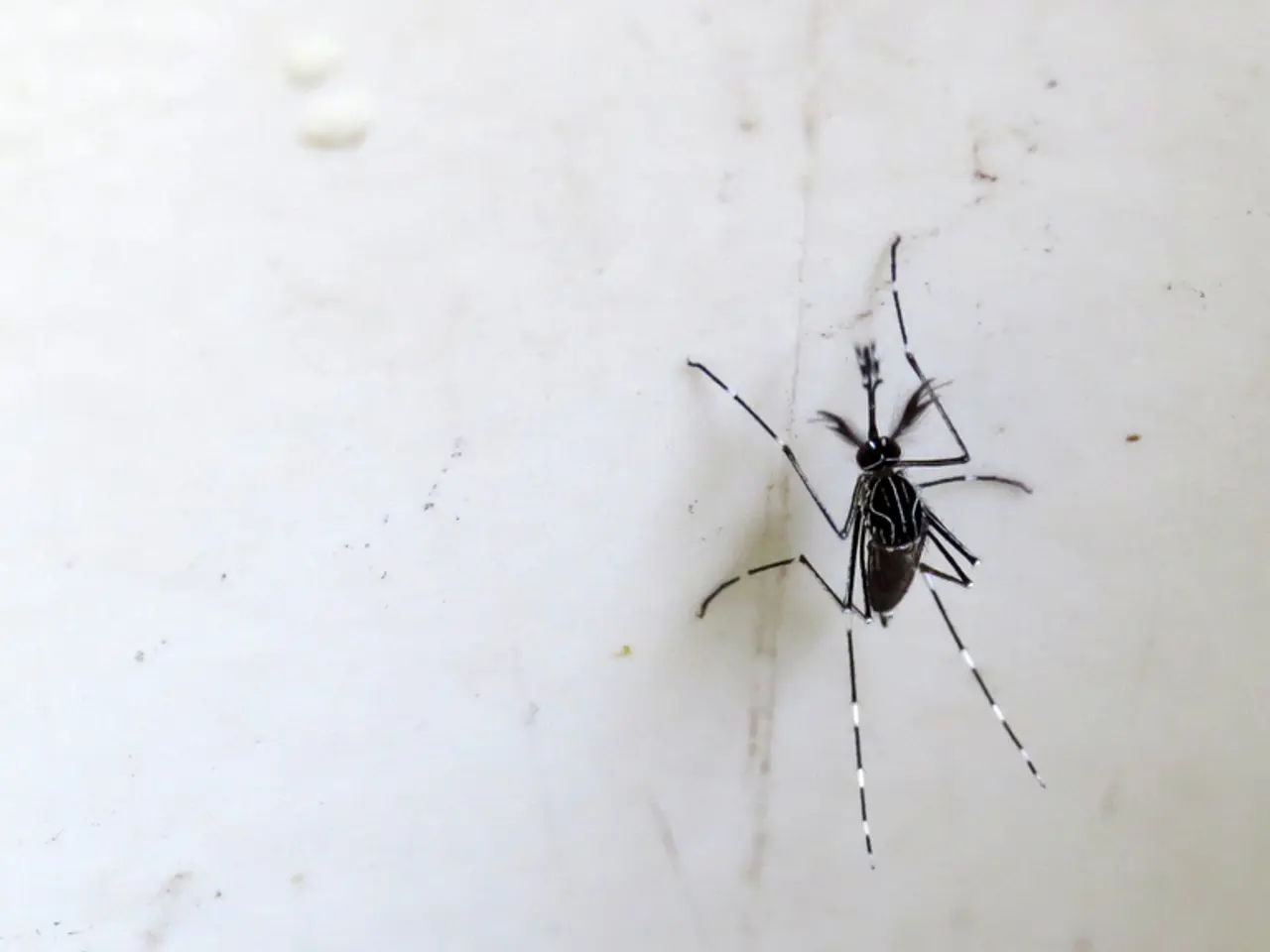Pest control specialists weigh in on the morality of squashing mosquitoes, offering unexpected insights
Mosquitoes can be a nuisance during warmer months, but with a few simple steps, you can significantly reduce their presence in and around your home. Here are some effective strategies for mosquito prevention.
1. Eliminate Standing Water
Mosquitoes breed in stagnant water, so it's crucial to inspect and empty containers such as flowerpot saucers, bird baths, pet water bowls, children’s toys, clogged gutters, tire swings, wheelbarrows, and other water-holding items weekly. For long-term solutions, consider adding aerators or fountains to ponds, stocking ornamental ponds with mosquito-eating fish, applying mosquito dunks (Bacillus thuringiensis israelensis) in water features, sealing tree holes with foam, grading soil to prevent pooling, and repairing leaky outdoor faucets.
2. Maintain Your Yard
Adult mosquitoes rest in dense, shaded vegetation. Trim tall grass regularly, prune dense shrubs, remove leaf litter, and thin tree canopies to improve air circulation and reduce resting sites.
3. Use Natural Mosquito Repellents
For personal protection, natural homemade repellents can be effective and gentle on the skin. Sprays made with distilled water, apple cider vinegar, citronella oil, and eucalyptus or tea tree oil can be applied to skin or clothing indoors or near windows. Mosquito-repellent candles made with soya wax and essential oils like thyme or pachouli can help outdoors in the evening without harsh chemicals. Applying neem oil before sleep is a traditional method for nighttime protection.
4. Indoor Humidity Control
Using a dehumidifier in high-moisture areas like bathrooms, kitchens, laundry rooms, attics reduces indoor humidity, making the environment less favourable for mosquitoes. However, it should be used alongside other measures like removing standing water indoors (e.g., pet bowls, toothbrush holders) since mosquitoes can breed in small water collections, including the dehumidifier’s own collection bucket.
5. DIY Outdoor Repellents
A simple outdoor repellent can be made using a modified soda can with garden twine that smolders to repel mosquitoes during outdoor activities—a portable mosquito deterrent for yards or camping.
By combining these strategies—eliminating breeding sites, managing vegetation, using repellents, and controlling humidity—you can create a comprehensive approach to mosquito prevention both on your person and around your home.
Remember, squashing a mosquito won't put your health at risk, as long as you keep your bite-ridden skin or any surfaces clean. However, if you flatten a mosquito that has just fed, you will be spreading your own blood with any pathogens or bacteria it carried. Always cleanse your skin using soap and water if you have squashed a mosquito on your body.
If dealing with a recurring mosquito infestation, it's best to contact a pest control service for advice. Mosquitoes are drawn to human odours, not the smell of blood, and squishing a mosquito won't attract more mosquitoes. Mosquito bites leave unsightly, itchy marks on the skin.
[1] Centers for Disease Control and Prevention. (2021). Mosquitoes. [online] Available at: https://www.cdc.gov/mosquitoes/
[2] National Pesticide Information Center. (2021). Mosquito Repellents. [online] Available at: https://npic.orst.edu/pest/mosquito/repellents.html
[3] Mayo Clinic. (2021). Mosquito bites: First aid, prevention, and treatment. [online] Available at: https://www.mayoclinic.org/first-aid/first-aid-mosquito-bites/basics/art-20060880
[4] University of California Agriculture and Natural Resources. (2021). Mosquito Repellents. [online] Available at: https://ucanr.edu/sites/mosquitocontrol/Home/Mosquito_Repellents/
- Incorporating good nutrition, skin-care routines, and regular fitness-and-exercise can strengthen your overall health-and-wellness, making you less attractive to mosquitoes by reducing the presence of certain body compounds they are drawn to.
- To complement mosquito prevention strategies, consider applying scientifically-backed natural and chemical mosquito repellents when gardening or working outdoors, as these can provide additional protection against bite-induced skin diseases or infections, as suggested by various health and nutrition resources such as Mayo Clinic, CDC, and UC Agriculture and Natural Resources.




